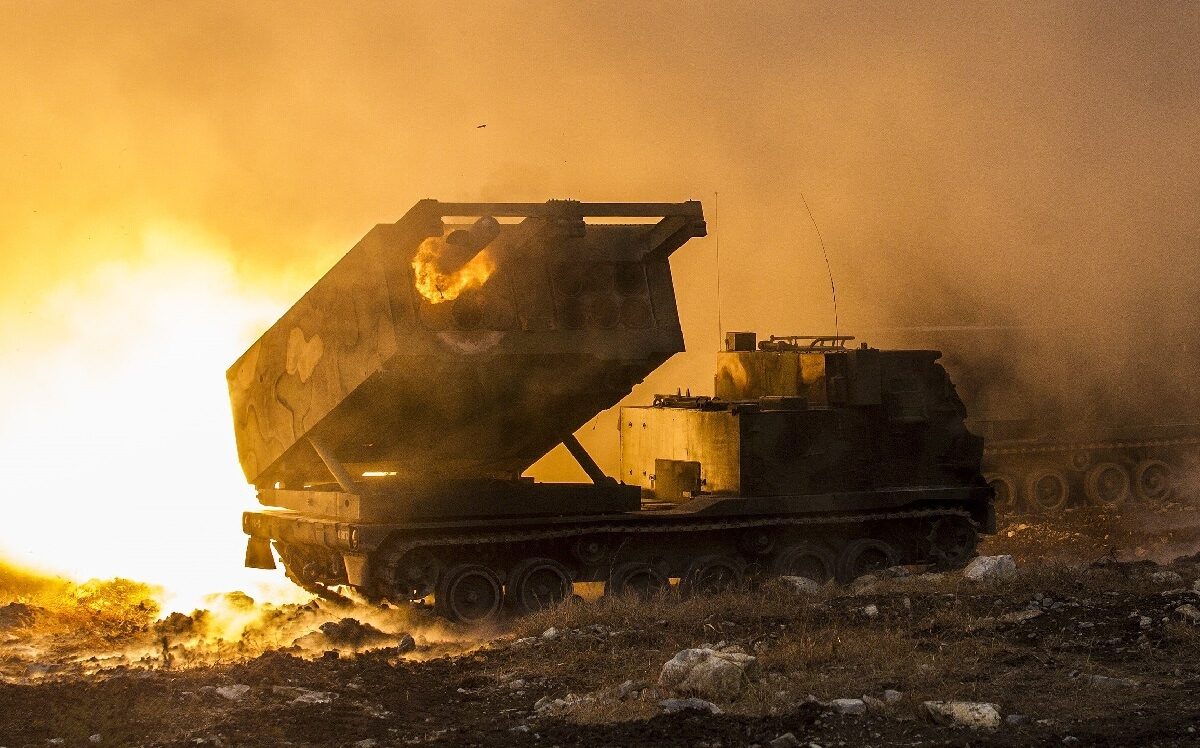Putin May Have a New Problem in Ukraine: A lawyer revealed this week how a group of Russian soldiers accused their commanders of throwing them in prison in Ukraine’s Donbas region for refusing to fight in the war.
According to Maxim Grebenyuk, a Russian lawyer who runs the Moscow-based advocacy organization Military Ombudsman, at least four Russian troops filed written complaints about their treatment in Ukraine. The soldiers demanded that their superiors be punished for detaining them over their refusal to fight.
Grebenyuk said that he was in possession of accounts of at least 70 Russian soldiers who have been held as prisoners. He also described how an additional 70 are believed to have been detained for refusing to fight.
In one letter sent to Russian prosecutors on Monday, a soldier revealed how he was detained for over a week and moved between facilities across Russian-occupied Luhansk. The soldier said that he refused to fight in the war over what he believed were “tactical and strategic mistakes” made by his commanders, as well as their “total disregard for human life.” The soldier appeared to make reference to the Russian military’s propensity to target civilian facilities and residential areas.
Last week, Grebenyuk also revealed how hundreds of soldiers have requested help chasing payments promised to them by the Kremlin. Grebenyuk described how wounded Russian soldiers were not receiving payments worth three million roubles, roughly 50,000 USD, which were guaranteed to them by Russian President Vladimir Putin.
The claims paint a sorry picture of Russian soldiers’ morale as the war in Ukraine, which the Kremlin expected would last only a matter of weeks, approaches its sixth month. Statements written by imprisoned soldiers also reveal that many Russian troops not only oppose the Russian military’s tactics – which the Kremlin has repeatedly denied constitute war crimes – but also believe the war effort is futile.
What Audio Intercepted By Poland Reveals About Soldier Morale
Poland’s Foreign Intelligence Agency, Agencja Wywiadu, released intercepted phone calls in June that reveal how Russian soldiers feel about the Ukraine invasion. The intercepted calls, purportedly between Russian soldiers, reveal how soldier morale is running low as the Kremlin grows increasingly desperate.
Polish security officials said during a press briefing in late June that the recordings reveal how the “reality in the ranks of the Russian Army is a far cry from propagandist messages.”
The Polish officials said that “frustration is mounting” among the Russian soldiers and that they fear being forced to take part in further battles.
“Many are taking steps to avoid further involvement in military operations against Ukraine,” they said – a claim that supports the stories of soldiers represented by Maxim Grebenyuk and Military Ombudsman.
With morale running low, Russian President Vladimir Putin faces the challenge of deploying sufficient troops, with sufficient ammunition and weapons, to Ukraine’s eastern and southern regions. All the while, the Russians face a growing threat from U.S.-supplied HIMARS.
Jack Buckby is a British author, counter-extremism researcher, and journalist based in New York. Reporting on the U.K., Europe, and the U.S., he works to analyze and understand left-wing and right-wing radicalization, and reports on Western governments’ approaches to the pressing issues of today. His books and research papers explore these themes and propose pragmatic solutions to our increasingly polarized society.

